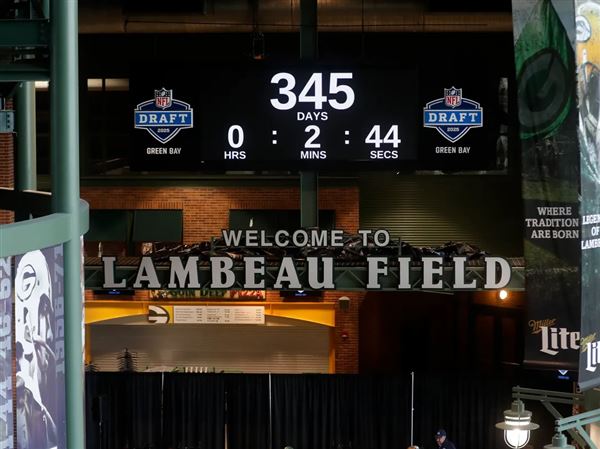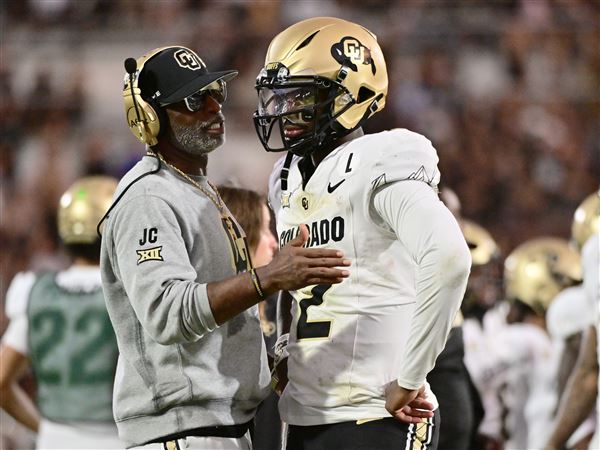Nearly two years ago, a concerned mother and father from Fox Chapel decided they'd had enough of boys playing on girls high-school field hockey teams.
Mary and Jim Grenen had watched as their daughter, Allison, and her Fox Chapel High teammates competed against boys who were bigger, faster and stronger. And the Grenens, as attorneys who work out of a high-rise in downtown Pittsburgh, felt they had the proper credentials to emerge as instruments of change.
Tuesday, their work in joining hands with the PIAA to bring their case in front of the Commonwealth Court in Harrisburg paid off.
Judge B. Kevin Brobson issued an opinion that freed the PIAA -- which had been handcuffed by a decades-old injunction -- to examine writing a new policy or bylaw that would bar boys from playing on girls teams.
"I feel this is a big step in the right direction," Mary Grenen said, "and will allow the PIAA to put some common-sense rules in place to keep playing fields level and to ensure that girls do not lose opportunities to play sports."
The PIAA board of directors, a group of 31 athletic administrators, coaches and representatives from throughout the state, will meet Oct. 2 and discuss the next step, PIAA executive director Bob Lombardi said. The PIAA has invested plenty of resources in getting the opportunity to write a new policy, including sending out surveys in the winter to its 1,470 member schools.
According to the survey, which received 742 responses, 38 schools reported boys playing girls field hockey, 14 reported boys playing girls volleyball, eight reported boys playing girls lacrosse, five reported boys playing girls soccer and one school each reported boys competing in girls swimming and girls tennis. Plus, 163 schools reported that boys had played on girls teams but failed to identify the sport. All told, more than 30 percent of responding schools had a boy playing on a girls team.
The Grenens have argued that boys should not be allowed to play on girls teams because it denies opportunities for girls, creates a competitive advantage and increases risk of injury.
The reasons that boys have been allowed to play on girls teams is the interpretation of a 1975 injunction -- Packel vs. PIAA -- in which then-attorney general Israel Packel questioned the validity of a PIAA bylaw which stated "girls shall not compete or practice against boys in any athletic contest." The court declared the bylaw unconstitutional, citing the Pennsylvania Equal Rights Amendment (ERA):
"The notion that girls as a whole are weaker and thus more injury-prone, if they compete with boys, especially in contact sports, cannot justify the bylaw in light of the ERA."
In 1975, the idea that boys would eventually be playing on girls sports teams would not have appeared to be on the horizon because the federal Title IX law had only just started to make an impact, introducing more opportunities for girls through sex-segregated teams.
Title IX, introduced in 1972, the same year as the ERA, states that no person can be discriminated against on the basis of gender in any educational program that receives federal funding. When Title IX was introduced, only one in 27 girls played high school sports. Today, about two in five participate.
Increasingly, in Pennsylvania, those young women share the field, court or pool with boys.
"I think the board would be happy that they can hopefully make a bylaw that is in the best interest of the membership," Lombardi said.
The case, for now at least, is not in the hands of the court. Judge Brobson said that the only way the court would get involved in the future is if the PIAA is sued after writing a new bylaw.
First Published: August 30, 2013, 4:00 a.m.















